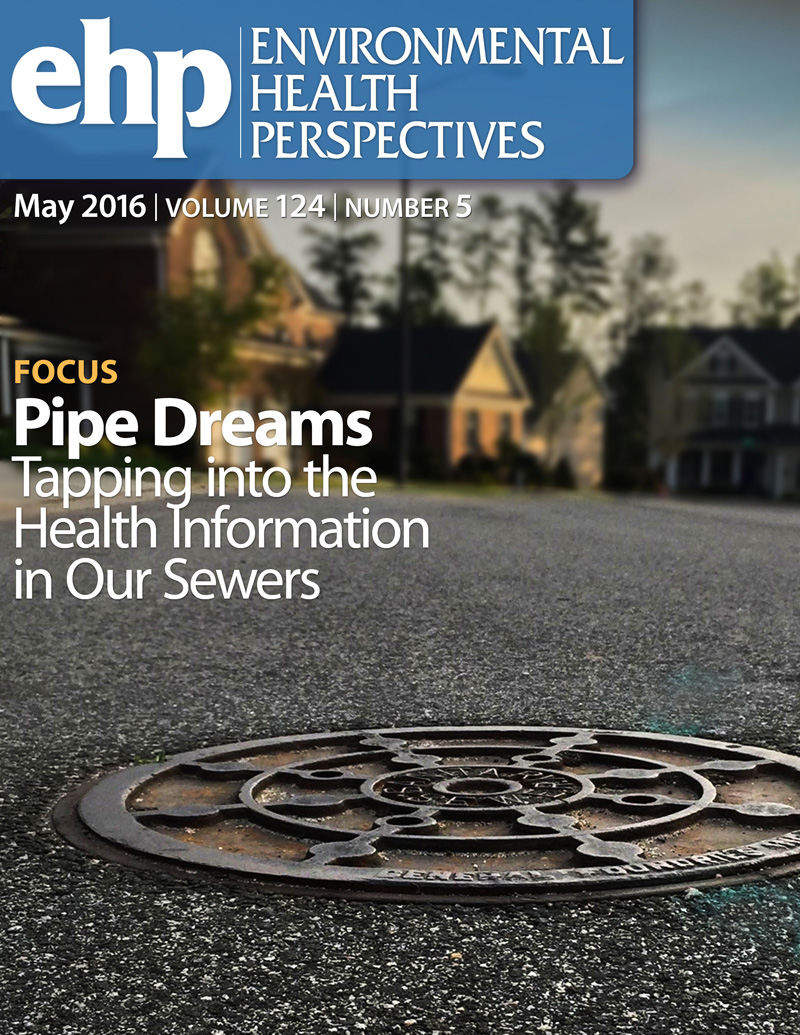从社区科学家和机构审查委员会工作人员的角度对社区科学家在环境卫生研究中角色的伦理进行定性研究。
IF 10.1
1区 环境科学与生态学
Q1 ENVIRONMENTAL SCIENCES
引用次数: 0
摘要
社区参与研究,包括社区科学家参与环境暴露评估,可促进社区和研究人员之间的双向信息流动,并改善干预措施的制定,以减少环境卫生不公平现象。尽管如此,在CS研究方面经验有限的机构审查委员会(irb)在审查协议时往往会遇到困难,因为CS参与者既是研究参与者,又是数据的共同创造者。方法收集35名拉丁裔家庭清洁人员的焦点小组数据,了解他们在参与收集清洁产品中化合物暴露数据前后作为清洁人员的生物伦理反思。我们分享了CS参与者的发现,并收集了来自纽约市(NYC)五个生物医学研究机构的IRB工作人员的印象和挑战。我们采用对传统内容分析的改进方法来指导数据分析,并结合演绎和归纳方法来生成代码。结果社区服务参与者强调他们在研究过程中的共同责任和与研究团队的双向学习,他们认为这是教育和授权他们自己和更广泛的社区创造更安全的清洁方法,以改善社区的健康和福祉。计算机科学的参与者认识到他们的社区依赖于他们作为计算机科学工作者的工作的质量和准确性,从而接受了健全科学的重要性。IRB工作人员的观点同样认识到参与者参与的价值,但强调了将CS作为研究参与者的活动与作为研究团队成员的活动分开的重要性,以更好地确定确保道德保护的适当机制和权力。研究结果表明,当参与者将现有的慈善、尊重个人和正义的生物伦理原则解释为包括保护和利益的生物伦理原则及其社区的集体利益时,反映了我们的生物伦理参与者的生物伦理价值观。然而,研究人员、内部审查委员会和社区合作者需要更好的指导和培训,以应用这些价值观,尊重和保护参与研究的社区成员的全部角色。https://doi.org/10.1289/EHP15824。本文章由计算机程序翻译,如有差异,请以英文原文为准。
A qualitative study of the ethics of community scientists' role in environmental health research from the perspective of community scientists and institutional review board staff.
BACKGROUND
Community engagement in research, including community scientists' (CSs) participation in environmental exposure assessments, promotes the bidirectional flow of information between communities and researchers and improves the development of interventions to reduce environmental health inequities. Nonetheless, Institutional Review Boards (IRBs) with limited experience with CS research tend to struggle when reviewing protocols given CS participants' dual role as research participants and co-creators of data.
METHODS
We collected focus group data from 35 Latina housecleaners eliciting their bioethical reflections on their experience as CSs before and after participation in the collection of data about their exposures to chemical compounds in cleaning products. We shared findings from CS participants and collected impressions and challenges from IRB staff from five New York City (NYC) biomedical research institutions. We used a modified approach to conventional content analysis to guide data analysis and combined deductive and inductive approaches to generate codes.
RESULTS
The CS participants emphasized their shared responsibility in the research process and bidirectional learning with the research team, which they saw as educating and empowering themselves and their broader community to create safer cleaning practices to improve the community's health and well-being. CS participants embraced the importance of sound science by their recognition that their community relied on the quality and accuracy of their work as CSs. Perspectives from IRB staff similarly recognized the value of participant engagement but emphasized the importance of disentangling CS activities as research participants from activities as research team members to better determine the appropriate mechanisms and authorities for assuring ethical protections.
DISCUSSION
Findings suggest that existing bioethical principles of beneficence, respect for persons, and justice, when interpreted by participants as inclusive of protections and benefits for both the CSs and their community's collective good, reflect the bioethical values of our CS participants. However, better guidance and training is needed for researchers, IRBs and community collaborators to apply these values and respect and protect the full range of roles for community members participating in research. https://doi.org/10.1289/EHP15824.
求助全文
通过发布文献求助,成功后即可免费获取论文全文。
去求助
来源期刊

Environmental Health Perspectives
环境科学-公共卫生、环境卫生与职业卫生
CiteScore
14.40
自引率
2.90%
发文量
388
审稿时长
6 months
期刊介绍:
Environmental Health Perspectives (EHP) is a monthly peer-reviewed journal supported by the National Institute of Environmental Health Sciences, part of the National Institutes of Health under the U.S. Department of Health and Human Services. Its mission is to facilitate discussions on the connections between the environment and human health by publishing top-notch research and news. EHP ranks third in Public, Environmental, and Occupational Health, fourth in Toxicology, and fifth in Environmental Sciences.
 求助内容:
求助内容: 应助结果提醒方式:
应助结果提醒方式:


